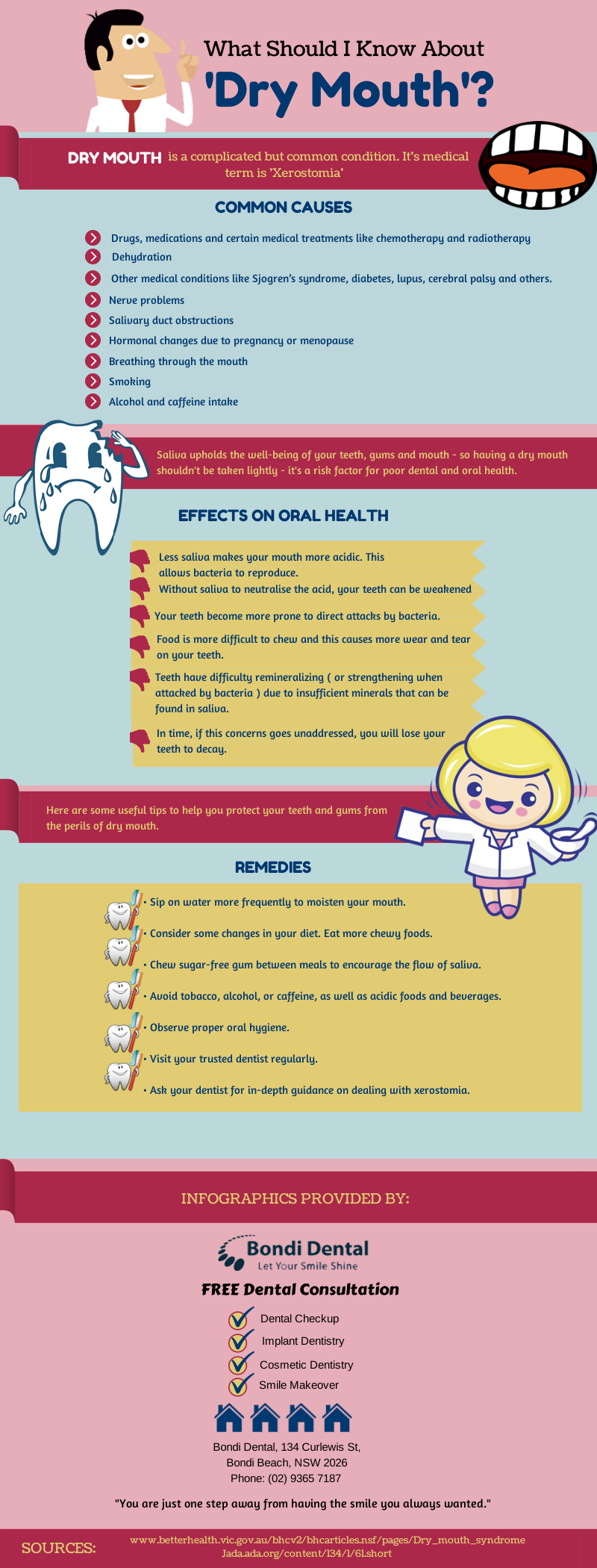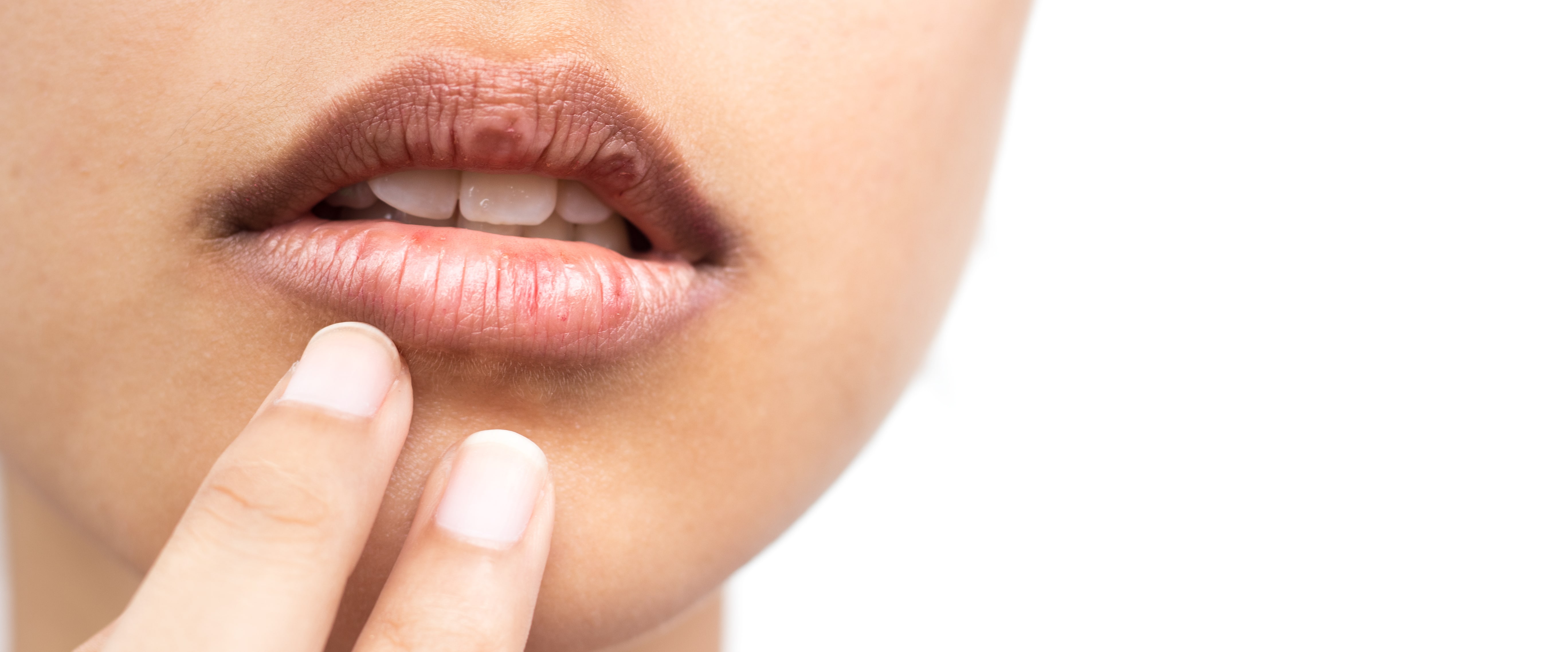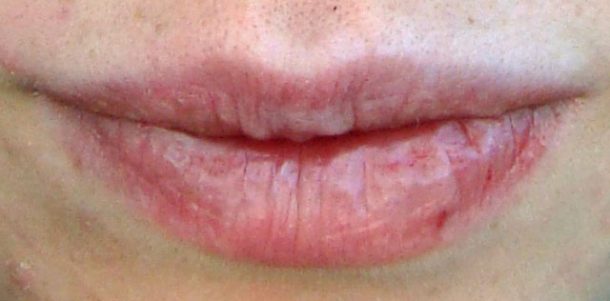
Dry mouth is the feeling that there is not enough saliva in your mouth. Everyone has a dry mouth once in a while – if they are nervous, upset or under stress.


If the patient is a smoker, he should stop because the nicotine can also dry mouth and the nasal passages. Preventing it while it can still be prevented is better than letting it cause infection and would treat it later.
What do I Need to Know About Dry Mouth? Everyone has a dry mouth once in a while — if they are nervous, upset or under stress. But if you have a dry mouth all or most of the time, it can be uncomfortable and can lead to serious health problems. Dry mouth Can cause difficulties in tasting
![]()


The physical problems related to chronic stress include the lowering of the immune response, chronic muscle tension, and increased blood pressure.
Dry mouth, also known as Xerostomia, occurs when salivary glands don’t make sufficient saliva to prevent the drying of the mouth. Dry mouth can be a symptom or side-effect of other conditions and medications; however, it should not be ignored as it can lead to serious dental problems.
Dry mouth can describe both the feeling of dry mouth (xerostomia) and the physical reduction in the flow of saliva (hyposalivation). Dry mouth can be caused by many things, including: medications, disease, radiation illness, aging or even stress.
Dry mouth can be uncomfortable, and the lack of saliva can attract oral bacteria. Make an appointment with your dentist, who can help cure the condition

The causes of dry mouth can range from something , like dehydration, to a chronic problem like Sjogren’s syndrome. Here are the most common causes.
If your mouth always feels dry and parched, you may have a condition worthy of a medical name: xerostomia (from the Greek xero, for dry, and stoma, for mouth).
There are numerous emotional and physical disorders that have been linked to stress including depression, anxiety, heart attacks, stroke, hypertension, immune



